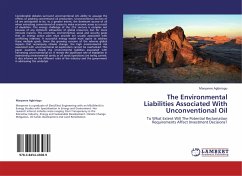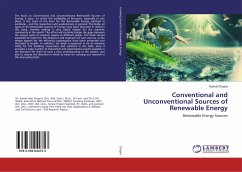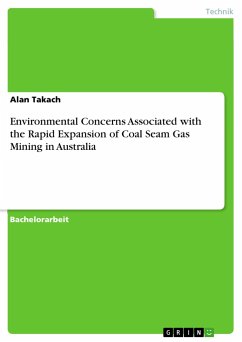Considerable debates surround unconventional oil's ability to assuage the effects of peaking conventional oil production. Unconventional sources of oil are anticipated to be, to a greater extent, the dominant source of oil when extracting conventional oil ceases to make economic sense as a result of depletion. The energy challenge of the 21st century is complex not because of any imminent exhaustion of global resources, but for more intricate reasons. The economic, environmental, social and security goals that an energy action plan must provide are usually associated with conflicting interests. A successful energy model must aspire to address these multiple goals. Given the growing concern of the adverse global impacts that accompany climate change, the high environmental risk associated with unconventional oil exploration cannot be overlooked. This paper examines closely the environmental liabilities associated with harnessing unconventional oil. It reveals the significant role of legislation in maintaining environmental sanity as oil sands operations are being carried. It also informs on the different roles of the industry and the government in addressing the underlyin
Bitte wählen Sie Ihr Anliegen aus.
Rechnungen
Retourenschein anfordern
Bestellstatus
Storno








